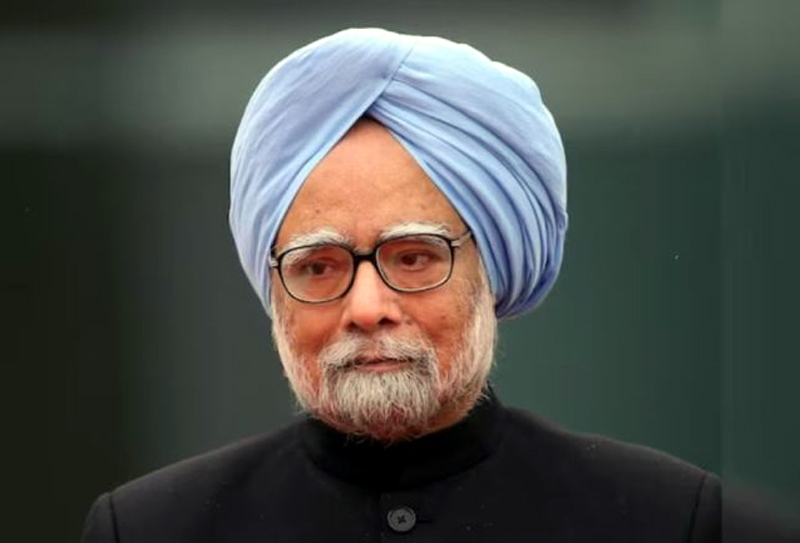The passing of Dr. Manmohan Singh, an extraordinary statesman and the mastermind behind India’s contemporary economic revival, leaves a legacy that transcends politics and affiliations. His death at the age of 92 signifies the conclusion of a distinguished era in Indian governance, marked by grace, profound intellect, and an unwavering dedication to the nation’s advancement. A prominent economist, his educational journey led him to prestigious institutions such as Cambridge and Oxford. This strong intellectual foundation enabled him to tackle India’s economic hurdles with unmatched proficiency. Dr. Singh’s role as Finance Minister in the early 1990s under Prime Minister P.V. Narasimha Rao signalled the beginning of a transformative period for India. During a critical time when the country was on the verge of insolvency, he implemented economic reforms that liberalised the economy, abolished the License Raj, and integrated India into the global market. The reforms he spearheaded spurred industrial growth, generated millions of employment opportunities, and improved the living conditions of countless individuals, earning him the distinction of the ‘Architect of Modern India’s Economic Reforms.’
As Prime Minister from 2004 to 2014, Dr. Singh’s governance was characterised by an emphasis on inclusive progress. Pivotal initiatives like the Mahatma Gandhi National Rural Employment Guarantee Act (MGNREGA) and the Right to Information Act highlighted his dedication to empowering the underprivileged and promoting transparency in governance. His policies showcased a profound understanding of India’s socio-economic intricacies and a vision for balanced growth. However, Dr. Singh’s administration was not without its trials. In its latter years, his government encountered criticism over allegations of corruption and stagnant policy-making. Nevertheless, his personal integrity remained unquestioned, a rare quality in the often volatile realm of Indian politics. Even his adversaries recognised his decency, modesty, and steadfast commitment to the nation.
In addition to his political skills, Dr. Singh’s character set him apart. His gentle demeanor, intellectual depth, and ability to listen earned him respect from across the political spectrum. Under his guidance, India strengthened its relationships with major economies, enacted the historic India-US Civil Nuclear Agreement, and represented developing nations in global forums. His interactions with international leaders boosted India’s standing on the world stage, and his measured response during the 2008 global financial crisis ensured that India weathered the storm relatively well. Dr. Singh’s legacy also encompasses efforts to bridge divides. Whether through advocating dialogue in the Kashmir conflict or engaging with neighbouring nations, he embodied a statesman’s vision of fostering unity and understanding.
As the nation grieves his loss, it is crucial to honour the principles he represented: integrity, humility, and a steadfast quest for excellence. Dr. Singh’s impact extends well beyond his policies and reforms; it resides in his vision of a modern, inclusive, and economically prosperous India. His ability to harmonise the realms of academia, administration, and politics distinguished him as a leader who merged intellectual insight with practical action. The nation has lost a visionary leader. Dr. Singh’s legacy is not solely in the policies he established but also in the hope and potential he represented.


Leave a Reply